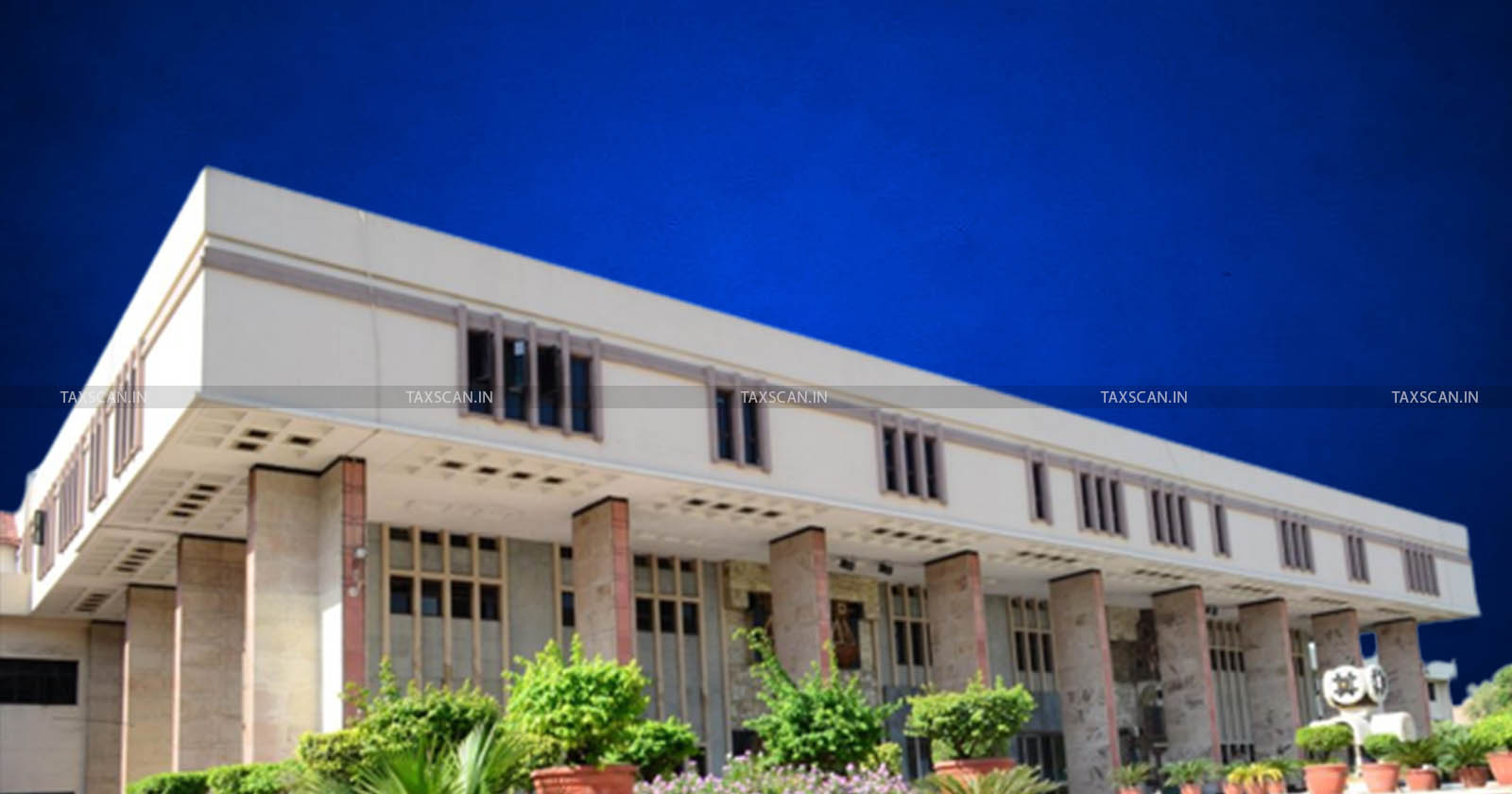No Need for Interference in Tariff Regulations under Section 61 of Electricity Act, 2003: Delhi HC [Read Order]
The court emphasized Tariff Regulatory Authority is responsible for governing the tariff based on performance-based service for generation as per provisions of section 61 of the Electricity Act, 2003

Interference in Tariff Regulations – Tariff Regulations – delhi high court – delhi hc – Tariff – Electricity Act – Taxscan
Interference in Tariff Regulations – Tariff Regulations – delhi high court – delhi hc – Tariff – Electricity Act – Taxscan
A division bench of the Delhi HC has held that no interference was required with regards to determination of tariffs as provisions under Section 61 of the Electricity Act, 2003 makes it clear that it is the Tariff Regulatory, which govern the tariff based upon service for generation, transmission and distribution as well as cost of project, which is determined through transparent process of bidding under the guidelines of the Central Government.
The petitioner claimed that the Adani and Essar groups had inflated the value of power and infrastructure projects on paper, subject to zero or low-duty rates. Despite clear findings of fraud, the petitioner asserted that the Appellate Authority's order dated 23.12.2016 did not make any reference to it. Additionally, the petitioner argued that the offenses committed by these corporate companies are prima facie cognizable under the Indian Penal Code, Prevention of Corruption Act, and Prevention of Money Laundering Act. Due to the lack of results from the CBI's 2014 investigation, the petitioner requested the issuance of a direction for a Special Investigating Team, monitored by the Court, to conduct an investigation.
In response, Revenue stated that they had initiated a preliminary enquiry against several entities, including Maharashtra Eastern Grid Power Transmission Company Ltd., PMC Project India Pvt. Ltd., Adani Enterprises Ltd., Maharashtra State Electricity Transmission Co. Ltd., and certain officials of Public Sector Banks. The enquiry focused on allegations of availing credit facilities for procuring power generation and transmission equipment from various vendors through an intermediary based in Dubai. The investigation aimed to uncover potential over-valuation and over-invoicing practices leading to inflated project costs and financial improprieties.
The CBI further mentioned a separate enquiry that commenced to investigate a written complaint related to the import of Indonesian Coal by Krishnapatnam Port Company Ltd. (KISPL). The complaint alleged deceptive practices, including sham contracts and inflated invoices, to conceal the actual value of coal. KISPL was accused of deliberately refraining from availing Customs Duty Exemption and siphoning funds overseas through inflated import remittances.
Another investigation was initiated against Coastal Energy Pvt. Ltd., National Thermal Power Corporation, Metals and Minerals Trading Corporation, and Aravali Power Company Ltd. The allegations involved the import of inferior coal misrepresented as superior quality to NTPC, MMTC, and Aravali Power Company, implicating a criminal association with public servants. The CBI collected evidence, including seized files, tender documents, invoices, and test reports, to unravel the complexities of the case.
Revenue asserted that the petitioners' claim about the inflated cost of imported equipment affecting tariffs lacked specific details. The Ministry relied on the provisions of the Electricity Act, 2003, stating that tariff determination occurs in two ways: first, through Tariff Regulations under Section 61 of the Act, based on performance and project costs, and second, through a transparent bidding process under Central Government guidelines. Consequently, the Ministry argued that there is no possibility of companies gaining undue benefits in terms of tariffs by inflating capital costs.
The bench comprising Justice Suresh Kumar Kait and Justice Neena Bansal Krishna held that it was clear that under Section 61 of the Act, Tariff Regulatory governs tariff (based upon service for generation, transmission, and distribution as well as cost of the project) which is determined through a transparent process of bidding under the guidelines of the Central Government.
The petitioners were represented by Prashant Bhushan, Neha Rathi, and Kajal Giri. Sarim Naved, Saurabh Sagar, and Mr. Harsh Kumar represented the respondents, including Farman Ali, Ms. Usha Jamnal, Aditya Singla, Nikhil Goel, and Adithya Koshy Roy.
To Read the full text of the Order CLICK HERE
Support our journalism by subscribing to Taxscan premium. Follow us on Telegram for quick updates


